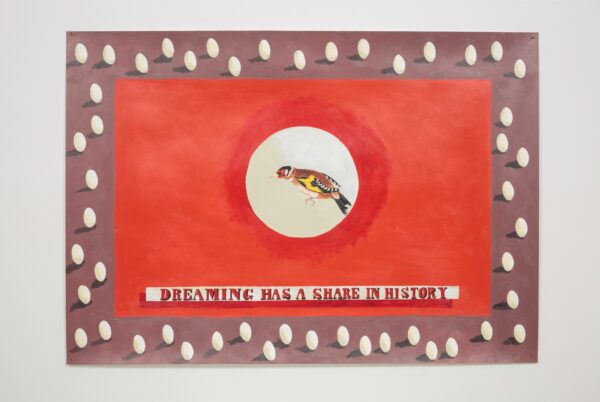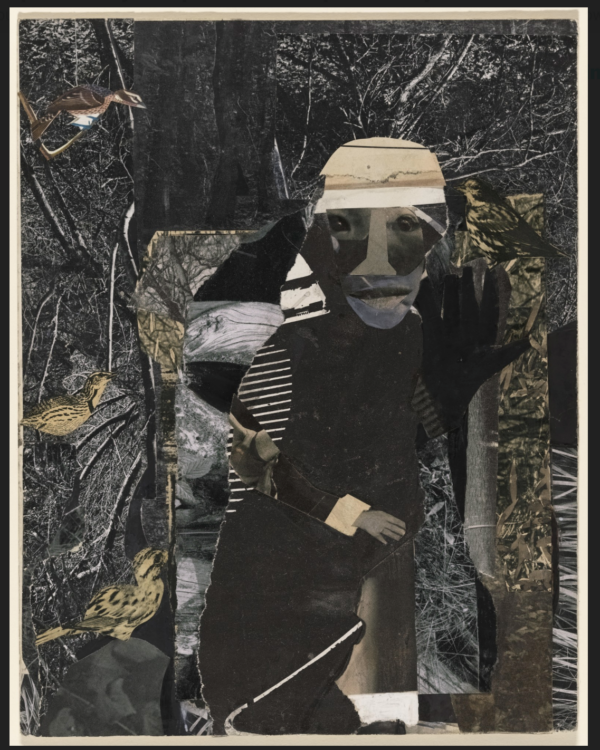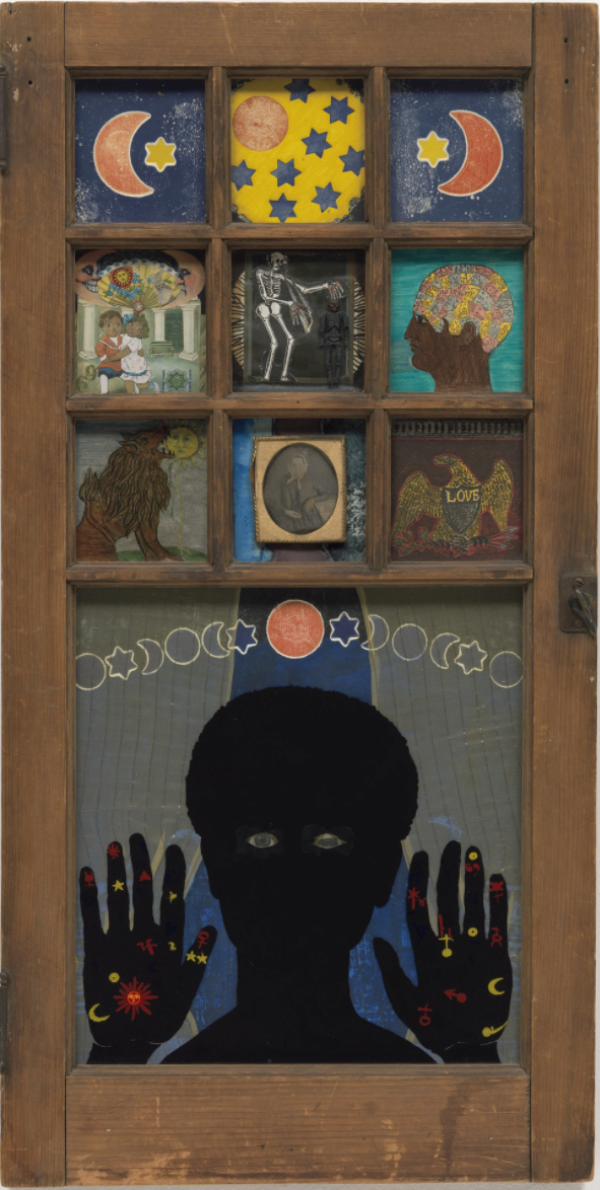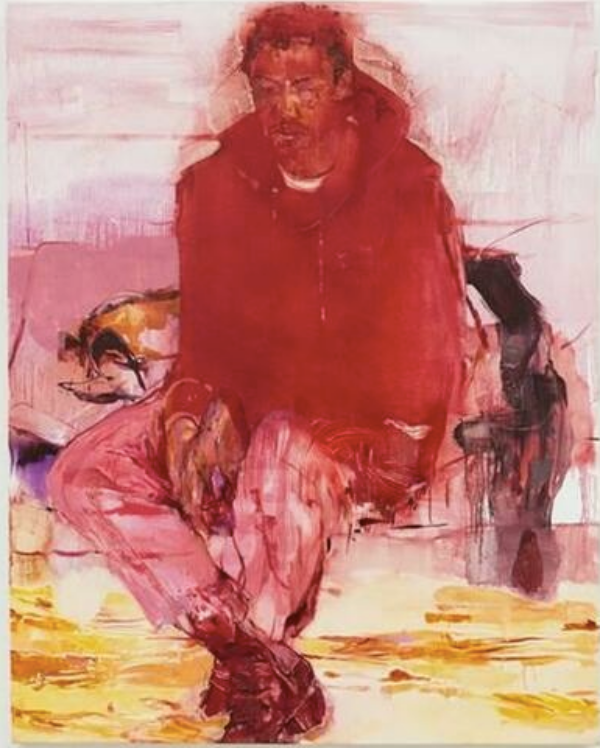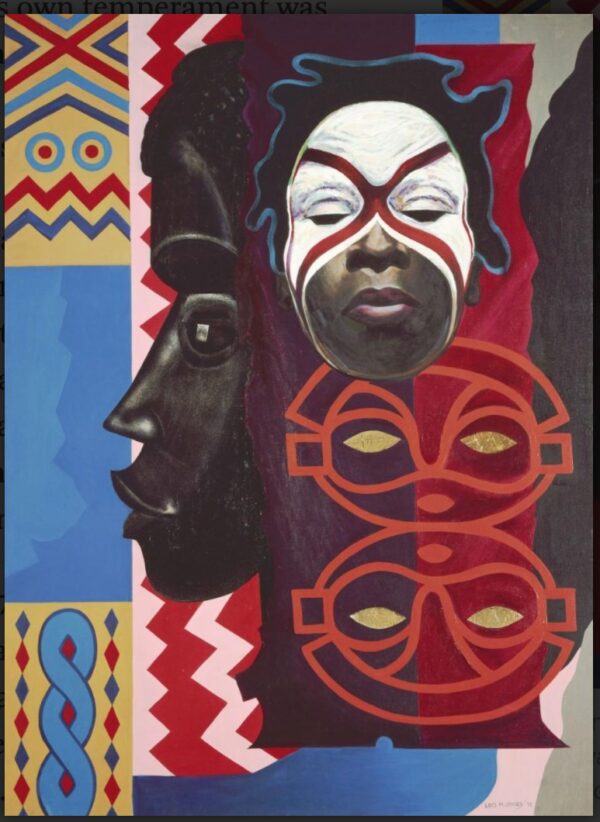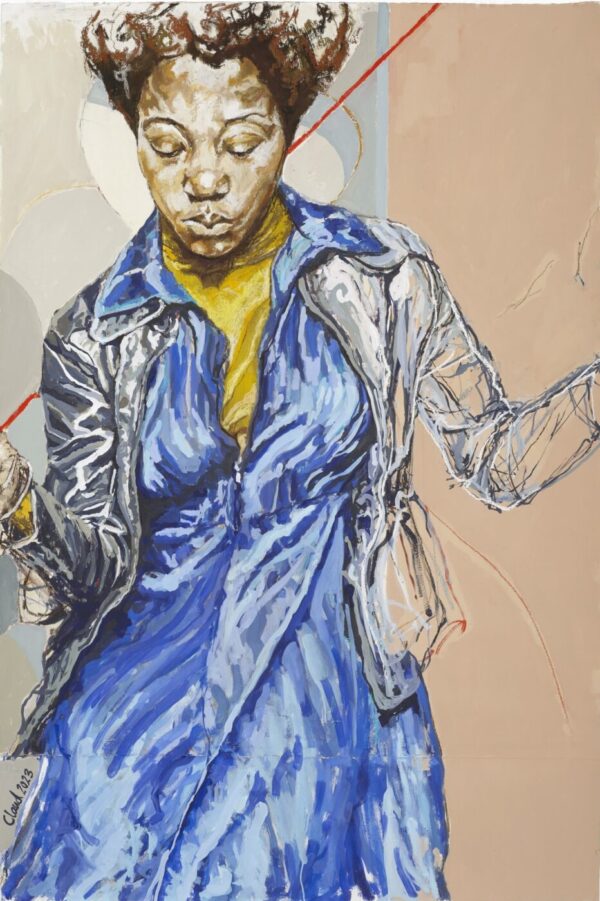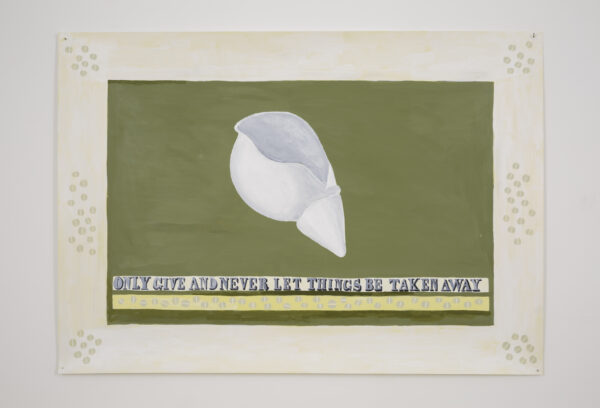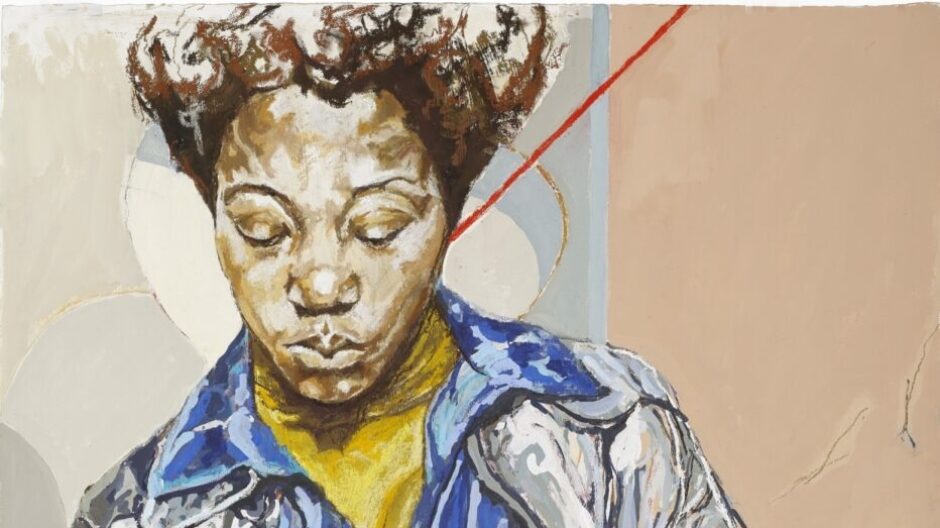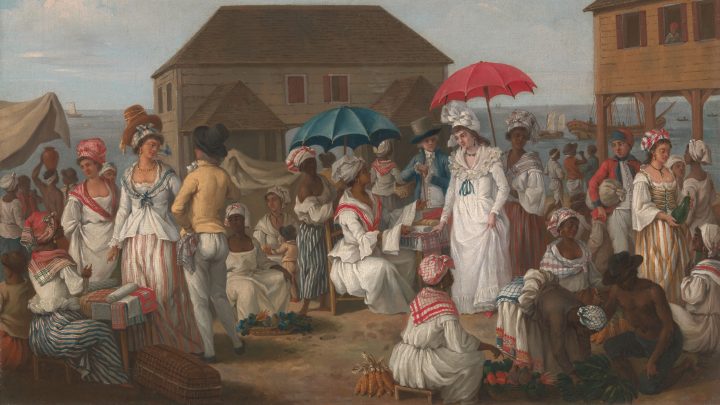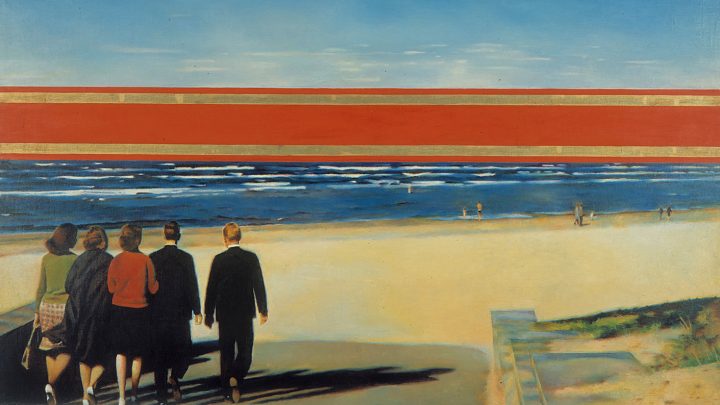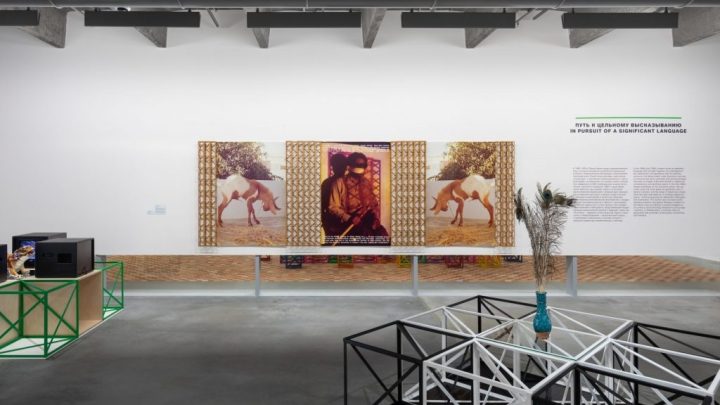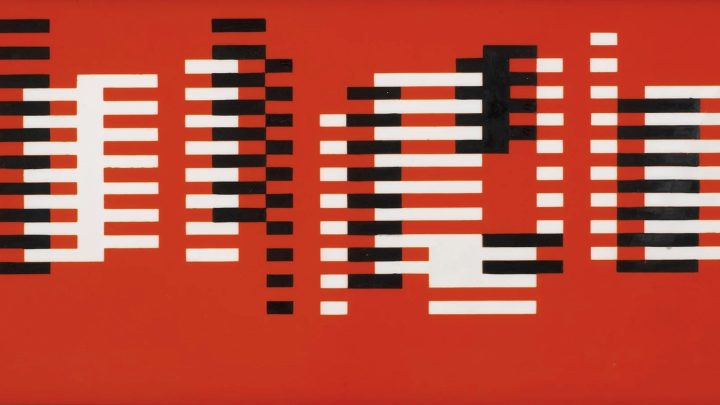This course looks at the ways in which modern and contemporary artists have responded to modernism and modernity from 1900 to the present day. It asks: what is the relationship to modernism and its legacies, of art produced by its creative practitioners of colour, then and now? What if any are the narratives of modernism that are yet to be fully told and what kinds of genealogies might be established across the twentieth and twenty-first centuries, in a defamiliarizing account of race and gender in modern and contemporary art? How have curators grappled with these issues and how can curating exhibitions help us to question what we think we know? Looking back to look forward, the course will focus on a series of selected case studies from the beginning of the twentieth century to the present. Each week we shall consider a different theme and ask a series of key questions relating to it. We shall explore materials, medium and message as well as the networks and relationships between and across modernism, postcolonialism, the decolonial and contemporary art. Topics covered may include but will not be limited to Expressionism, Surrealism, the Harlem Renaissance, Afro-modernity, modernism and the Black Atlantic, Civil rights, Afro-Futurism, and Black presence. An overriding focus of enquiry for this course will be how past forms activate future possibilities in the creative practices of artists of colour working and exhibiting today. How can modernism be interrupted and for what purpose?
Special Options are closely tied to the research specialisms of the module leader. These classes provide an immersion in the scholarship and issues pertinent to the chosen field. In many cases, Special Option sessions operate as workshops, with a flexible syllabus capable of responding to students’ particular interests. Small-group teaching enables academic staff to bring current research and debates into classroom discussion and off-site visits, offering inspiration for students embarking on their own research. The seminars for each Special Option may incorporate a range of different approaches: classes in which a topic formally introduced by the module leader is the basis of informed discussion by the group as a whole; seminars in which student presentations are the basis of discussion; text-based classes in which the group’s close reading of texts and images forms the basis of a class. The module is organised around weekly classroom-based sessions alongside a series of more flexibly programmed site visits which may include a study trip, or a range of local visits to exhibitions, archives or other sites of interest (when off-site visits are possible – if not, these sessions will be re-scheduled as seminars). Study trips are supported by a travel grant, and are usually for a period of 2-4 days. During tutorials module leaders will meet with students individually to offer comments on work and discuss progress. There is flexibility in the topics for written assignments that individual students are asked to undertake, with the agreement from their module leader.
Course leader: Professor Dorothy Price and Teaching Fellow
In the event that a course leader is on sabbatical, takes up a fellowship, or otherwise is not able to teach the course, they will be replaced by another experienced course leader either for a semester or, in some cases, the academic year.
